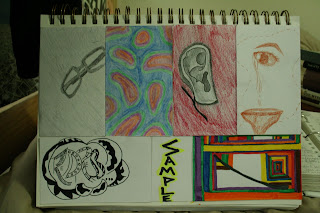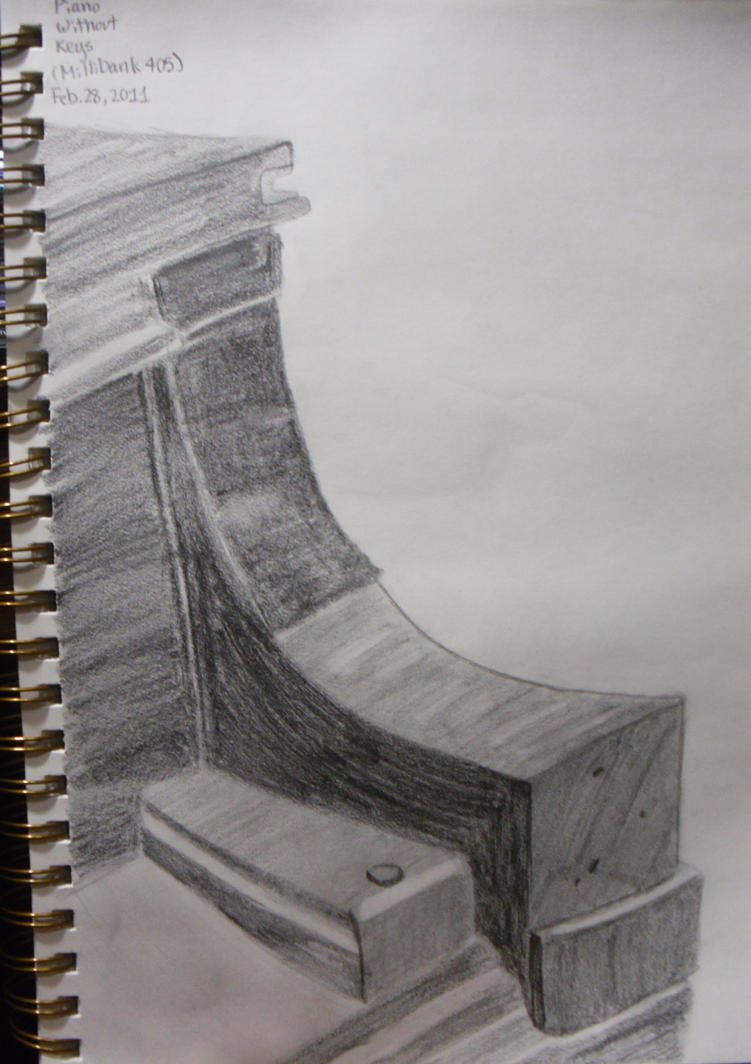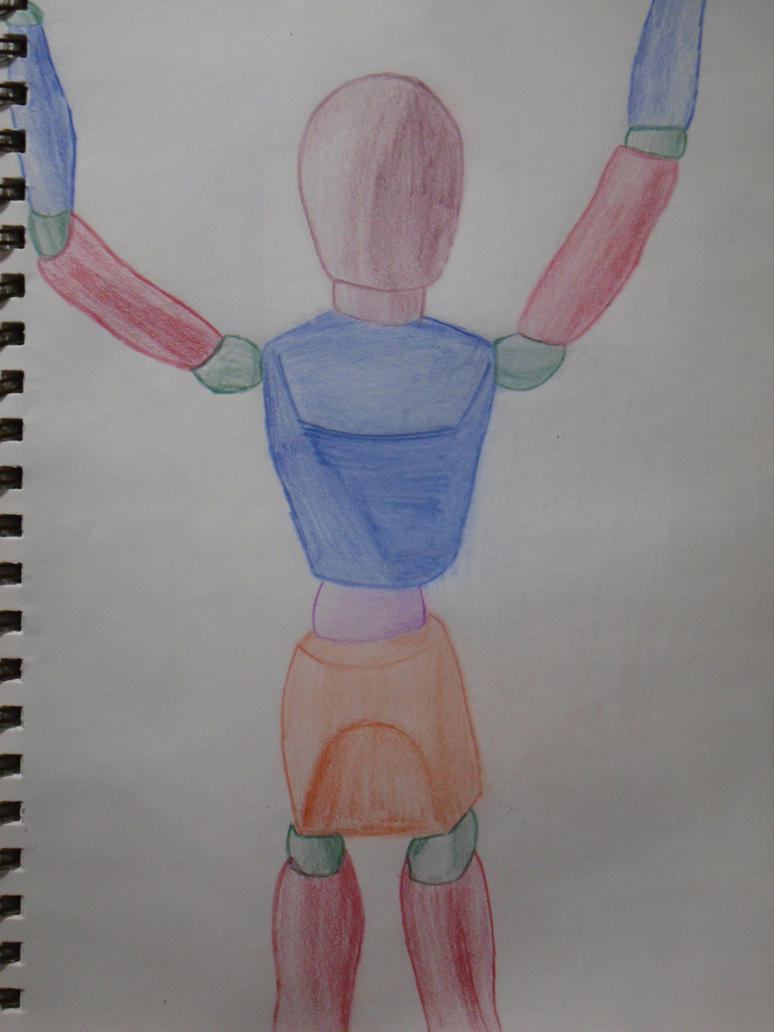I realized quite a bit late that most of my posts from last week were food-related, which was not necessarily a bad thing, but a little repetitive! So, this week I am going to avoid food and talk about something completely different.
I have had one problem for pretty much my entire teenage and adult life: not living in the moment.
At first, I did not identify this as the root of my problem. I would get depressed easily in my youth and believe that it was because of all the problems that were weighing down on me from the outside. And, although there were some times when that was truly the case, most of the time I suspect that my bigger problem was the fact that I was dwelling on something that was either in the unchanging past or the unknowable future.
Have you ever had the experience of playing back an embarrassing memory over and over again and cringing each time you do it? I did that on repeat for so long that I started to believe that I was
the most awkward middle school or
high school student in existence. And sometimes I still get hung up on the little peculiarities that happen in my daily life, the ones that stand out as not-quite-right or just plain ridiculous. The major difference, however, between my middle/high school self and my current one is that I no longer let those feelings overtake my life.
I have always heard the phrase that life is too important to be taken so seriously; but, for many of us, the serious mode is the only way we know how to operate. The better way to approach it, at least for me, is to start living in the moment. Feel whatever you are feeling right this minute, this second, and don't let seriousness bleed into the other dimensions. That past and future will never be fully under your control. It's better to embrace the facts and not, as I have, allow the feelings of being less-than-perfect in the past affect your current life.
This philosophy, of course, is easier said than done. So here are some ways that I have found useful to start living in the moment:
1.
Yoga. This is how I learned about living in the moment in the first place. When going to a yoga studio that focuses not just on your body, but you as a holistic being, they guide you through meditation and other important calming ways to live inside your body right at that moment. Doing yoga regularly builds up this discipline, and definitely helps take the edge off those past experiences and worries about the future.
2.
Breathing exercises and mantras. Sometimes it can sound a little "out there" to have a personal mantra, but I think it should be treated more as a way to remind yourself to check in. I like to take them not from a prescribed list, but from articles and other inspirational writing, such as
these pieces on
Think Simple Now or from poetry on
DeviantArt. When you recite a mantra in your head, take a moment to breathe and release any tension that you might feel when thinking about past or future events.
3.
Taking a self-care moment. I find that when the worry or self-judgment gets too great, I have to really force myself to do this one. Often, I have to have someone remind me, in a loud voice, to
calm down! It is much easier to take that advice when I step out of whatever the work is that I am doing to re-evaluate and do something for myself. Making tea is definitely a go-to for me, but you should find your own way of going about bringing your focus back into your body.
Please leave any suggestions you might have about living in the moment in the comments!
Check out some other lessons I've learned.






















